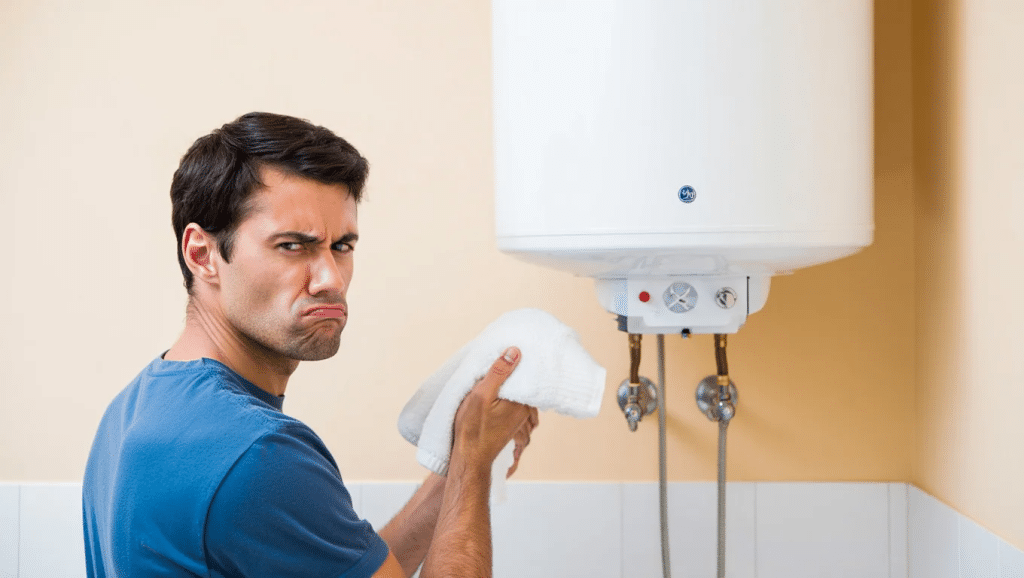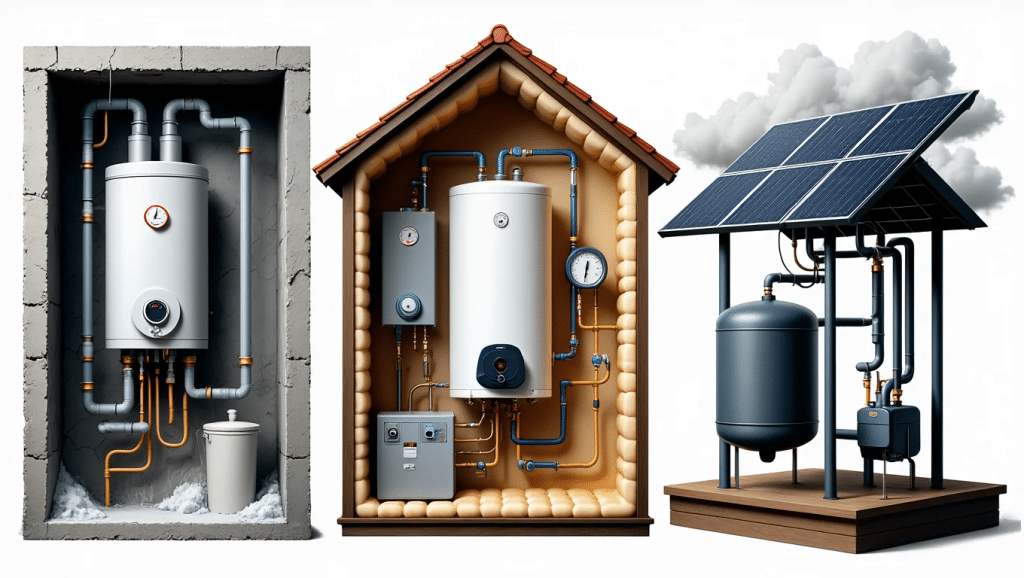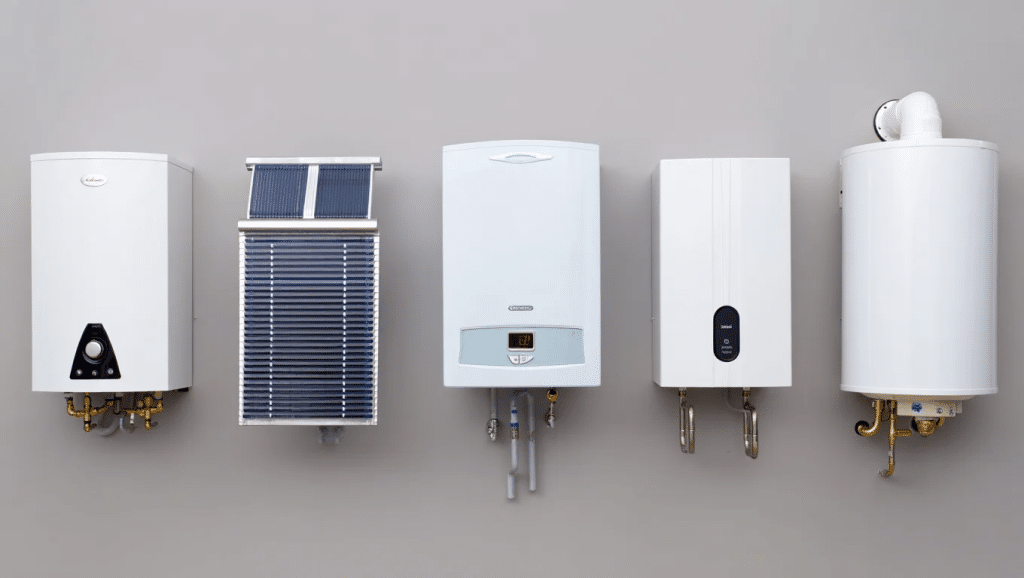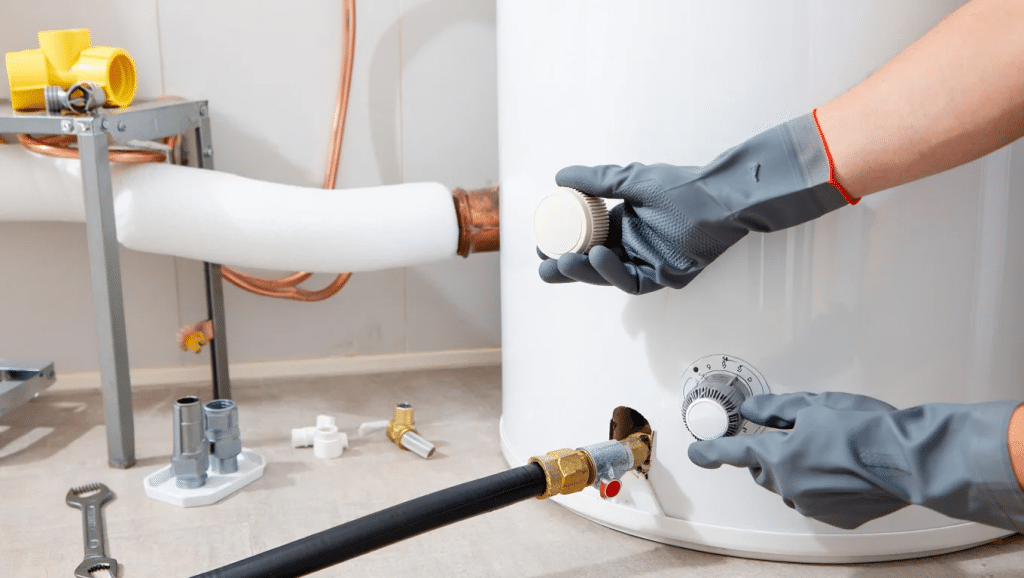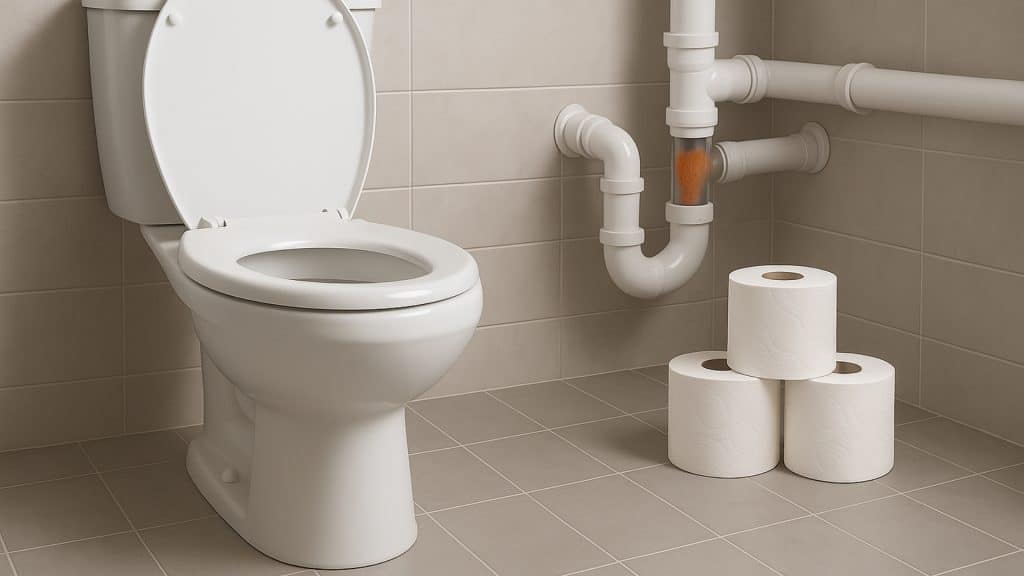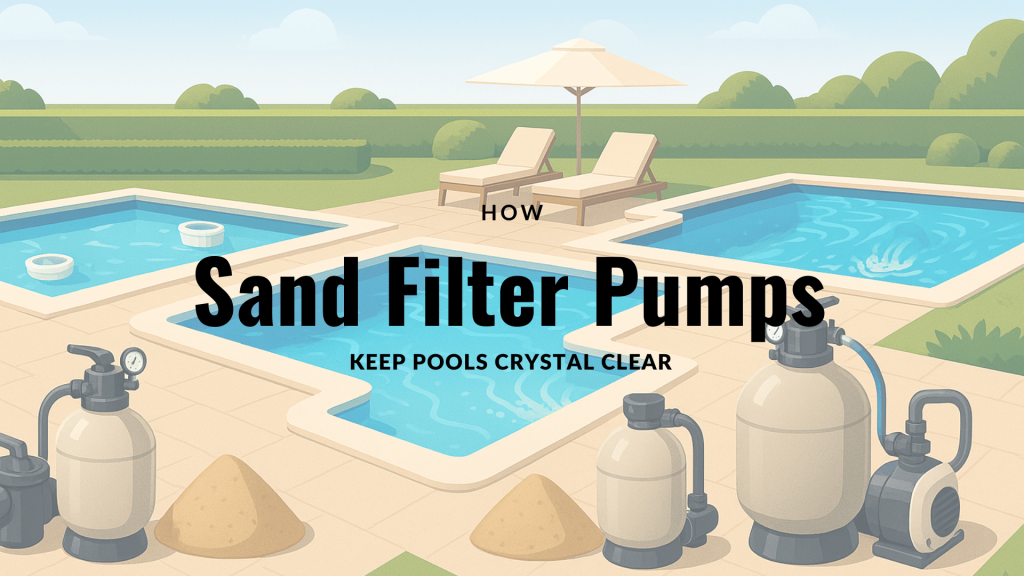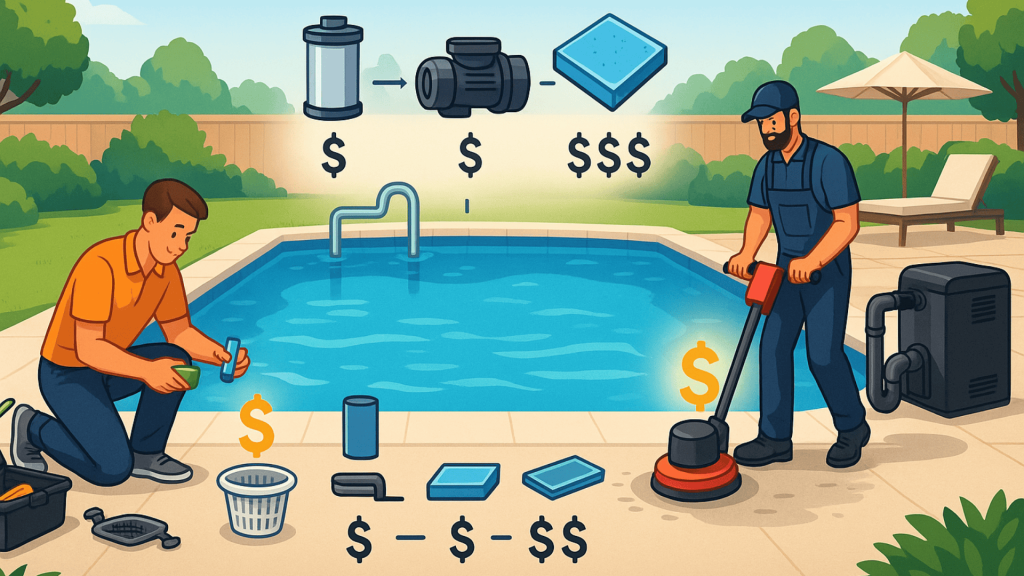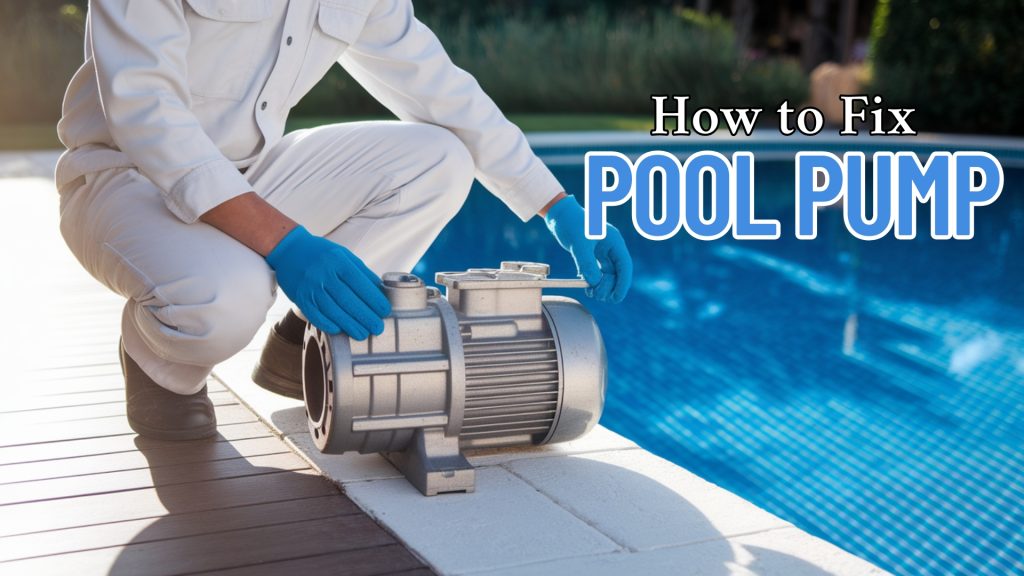Ever wondered why your neighbor’s shower heats up in minutes, while yours takes ages?
It’s not just bad luck.
It could be a problem with your water heater itself.
Understanding your water heater’s heating time helps you plan your daily routine better.
You can schedule showers, dishwashing, and laundry more efficiently.
It also helps you decide if your current system meets your family’s needs.
Different types of water heaters work at different speeds.
Tank size, fuel type, and heater power all play important roles.
Knowing these details can save you time, money, and frustration.
We’ll tell you how long it takes, depending on your water heater type, and help you decide whether to replace it or not.
Water Heater Recovery Time: What It Is and Why It Matters?
Water heater recovery time is the period it takes for a water heater to fully reheat its tank after all the hot water has been used.
It plays a key role in how quickly you can enjoy another hot shower or run appliances after the tank has been depleted.
Why It Matters?
Here’s why recovery time is important and worth your attention:
- Impacts daily routine: Shorter recovery means less waiting between showers, laundry, and dishwashing.
- Affects large households: More people using hot water leads to faster tank depletion, making recovery time crucial.
- Reveals heater efficiency: Longer recovery can signal an undersized unit or a failing component.
- Influences energy usage: Inefficient recovery cycles can increase your power or gas bills over time.
- Helps in choosing heater type: Tankless systems have no recovery delay, while traditional tanks may vary greatly.
Knowing your heater’s recovery time helps you manage daily routines and conserve water more efficiently.
Factors That Affect Water Heater Heat-Up Time
Before discussing how long it takes, you need to understand the main reasons that affect water heating time.
These factors work together to determine how quickly your water heater can provide hot water.
- Tank size: Larger tanks hold more water and take longer to heat completely. A 40-gallon tank heats faster than an 80-gallon tank with the same power source.
- Initial water temperature: Cold winter water takes longer to heat than warmer summer water. The starting temperature makes a big difference in total heating time.
- Fuel type (gas, electric, solar): Gas heaters typically heat water faster than electric ones. Solar heaters depend on sunlight and weather conditions for their heating speed.
- Heater wattage or BTU rating: Higher wattage electric heaters or higher BTU gas heaters heat water much faster. More power means quicker results.
- Variable air temperature: Cold basements or garages make water heaters work harder. Warm locations help heaters maintain temperature more easily.
Now that you know these factors, let’s check how long it takes according to your water heater type.
Average Heat-Up Time by Tank Type
Here’s an approximate idea of how long it takes for different types of water heaters to heat up water completely.
These times help you understand what to expect from your specific system.
1. Gas Water Heater
Gas water heaters typically take 30-40 minutes to heat a full tank of water.
They use a gas burner at the bottom of the tank to quickly heat the water.
The flame heats the water directly, making this one of the fastest heating methods available for tank-style heaters.
2. Electric Water Heater
Electric water heaters usually need 60-80 minutes to heat a complete tank.
They use heating elements inside the tank that warm water more slowly than gas flames.
Most electric heaters have two elements that work together to heat water from top to bottom.
3. Tankless Water Heater
Tankless water heaters provide hot water instantly when you turn on the tap.
They heat water on demand as it flows through the unit.
You never run out of hot water, but the flow rate might be limited during high-demand periods.
4. Solar Water Heater
Solar water heaters can take 4-8 hours to heat water completely on sunny days.
They use solar panels to collect heat from the sun and transfer it to your water.
Cloudy weather or winter conditions can make heating times much longer.
5. Heat Pump Water Heater
Heat pump water heaters need 2-3 hours to heat a full tank of water.
They pull heat from the surrounding air and transfer it to the water inside the tank.
These units work more efficiently in warm environments than in cold spaces.
6. Quick Summary
| Water Heater Type | Heating Time |
|---|---|
| Gas Water Heater | 30-40 minutes |
| Electric Water Heater | 60-80 minutes |
| Tankless Water Heater | Instant (flow can reduce according to usage) |
| Solar Water Heater | 4-8 hours |
| Heat Pump Water Heater | 2-3 hours |
How to Speed Up Your Water Heater’s Heat-Up Time?
If your water heater takes too long to heat up, you can try several methods to improve its performance.
These simple tips can help reduce waiting time and make your system work more efficiently.
- Turn up the thermostat: Increase the temperature setting to 120-140 degrees Fahrenheit for faster heating. Higher temperatures mean your water heater reaches the desired heat level more quickly.
- Insulate the tank and pipes: Add insulation blankets around your tank and foam covers on pipes. This prevents heat loss and helps your system maintain temperature longer.
- Flush the tank regularly: Remove sediment buildup by draining your tank once or twice per year. Clean tanks heat water faster because sediment blocks heat transfer.
- Upgrade heating elements or units: Replace old heating elements in electric heaters or consider upgrading to a more powerful unit. Newer components work more efficiently than worn-out parts.
- Check for leaks and repair them: Fix any water leaks around pipes, valves, or the tank itself. Leaks waste hot water and force your heater to work harder constantly.
These improvements can significantly reduce your water heating time and lower your energy bills too.
Signs Your Water Heater Is Heating Too Slowly
Several warning signs indicate that your water heater is not performing at its best.
Recognizing these symptoms early can help you address problems before they get worse.
- Cold water after a long wait: Water stays cold or lukewarm even after running for several minutes. This usually means your heating system is struggling to keep up with demand.
- Inconsistent temperature: Water temperature changes unexpectedly during use, switching between hot and cold randomly. This suggests internal components are failing or working poorly.
- Noises from the tank: Strange sounds like popping, crackling, or rumbling coming from your water heater. These noises often indicate sediment buildup or failing heating elements inside.
- Sediment buildup: Rusty or cloudy water coming from your hot water taps indicates mineral deposits. Sediment reduces heating efficiency and can damage your system over time.
- Higher energy bills: Monthly utility costs increase without changes in your usage patterns. Inefficient heaters use more energy to produce the same amount of hot water.
If you notice these signs regularly, it might be time to replace your water heater with a newer model.
How Does Installation Location Affect Heat-Up Time?
Where your water heater is installed can directly impact how efficiently it heats water and how much energy it uses.
- Cold areas slow heating: Units placed in garages or basements take longer due to lower surrounding temperatures.
- Poor ventilation affects combustion: Gas heaters in tight spaces may underperform without proper airflow.
- Longer pipe runs lose heat: Water traveling through long or uninsulated pipes from remote locations cools down before reaching the tap.
- Warm spaces boost efficiency: Heaters installed in insulated or climate-controlled areas perform more steadily year-round.
- External units are weather-dependent: Outdoor tankless units may include freeze protection, but still struggle during winter months.
Choosing the right location reduces heat-up time and energy loss.
Final Notes
Water heater heating times vary greatly depending on your system type and several key factors.
Gas heaters typically heat water in 30-40 minutes, while electric units need 60-80 minutes.
Tankless systems provide instant hot water, but solar heaters may take 4-8 hours on sunny days.
Tank size, fuel type, initial water temperature, and heater power all affect heating speed.
Watch for warning signs like inconsistent temperatures, strange noises, or longer wait times for hot water.
Regular maintenance keeps your system running efficiently and extends its life.
Annual tank flushing, checking safety valves, and replacing anode rods prevent common problems.
Proper care ensures faster heating times and lower energy costs.
Understanding your water heater helps you make better decisions about repairs, upgrades, or replacements.
With the right knowledge and maintenance, you can enjoy reliable hot water for years to come.

